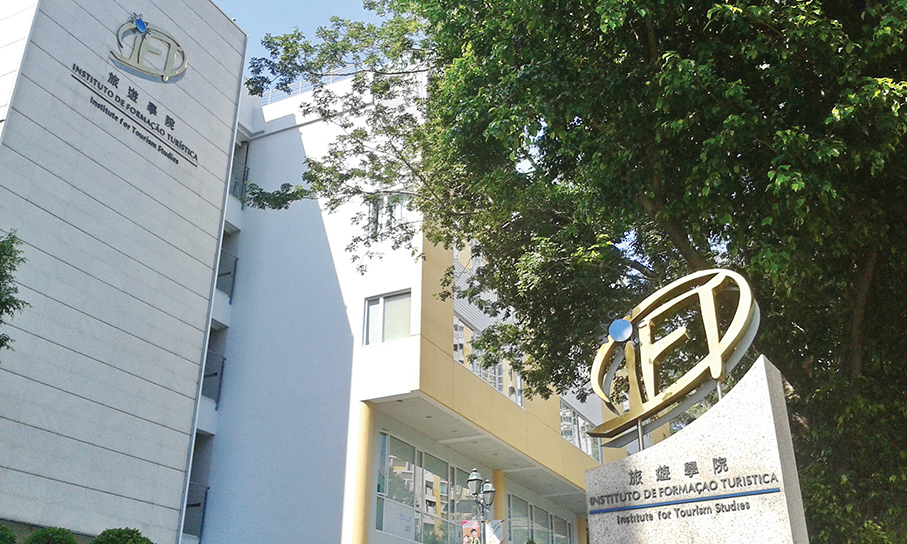Macau is world’s worst-hit economy by COVID-19
SINGAPORE – Moody’s Investors Service affirmed yesterday the Macau government’s local and foreign currency issuer rating at Aa3 and maintained its “stable outlook”.
According to a statement by Moody’s, Macau’s economy has been the worst-hit by COVID-19 globally, with a collapse in visitor arrivals resulting in a precipitous fall in gaming revenues. At the same time, Macau’s fiscal reserves remain ample, allowing the Special Administrative Region (MSAR) to deploy them to support the population.
The Aa3 rating reflects a balance between inherent credit constraints and strengths, the statement said. “The growth volatility of Macau’s economy is among the highest of all rated sovereigns,” the US ratings agency said, adding that “while efforts to diversify growth away from the gaming industry have been ongoing since 2015-16, Moody’s does not expect them to yield material results over the near-term.
“But despite the highly volatile nature of economic growth, Macau’s vast fiscal and external reserves – significantly stronger than those of similarly rated peers – and very high per capita incomes continue to support its credit profile.”
According to the statement, the outlook reflects Moody’s expectations that economic activity will likely be restored to pre-pandemic levels by 2024, spurred by a recovery in the gaming sector, and that the impact on the labour market, while severe, will not be permanent.
The statement noted that Macau’s “country ceilings” remain unchanged: Macau’s local-currency country ceilings remain at Aaa.
“The three-notch gap to the sovereign rating reflects the high composition of a single-industry in overall revenues, offset by strong institutional and policy capacities and a very strong external position.
“The foreign-currency ceiling remains at Aaa, reflecting Moody’s assessment of negligible transfer and convertibility risks and strong policy effectiveness,” the statement said.
Moody’s underlined that Macau’s gaming industry is vulnerable to slower growth in mainland China and central government policies, as well as to competition from neighbouring destinations, such as Cambodia, Singapore, and Japan.
Moreover, as a special administrative region under the “One Country, Two Systems” policy, Macau’s credit profile is closely tied with that of mainland China’s across economic, institutional, and political aspects, the statement said.
“Macau’s GDP growth is closely linked to a recovery in [mainland] China, including to a vaccination drive in the mainland, which would allow for a relaxation in travel restrictions,” the statement said, adding, “Conversely, a stunted growth recovery or a renewed wave of infections in [mainland] China would result in a delayed economic recovery in Macau.”
The statement noted that Macau’s “authorities have particularly focused on diversification away from the gaming sector.
“Such efforts have followed a three-pronged strategy of moving from high-end (VIP) gaming to mass-market gaming, from gaming tourism to nongaming tourism, and on improving the growth of the financial sector.
“Prior to the pandemic, these efforts were bearing fruit. However, the magnitude and global nature of the [novel] coronavirus shock has made it difficult for Macau to prove the benefits of still-nascent economic diversification efforts.”
The statement also said that “even as Macau continues to press ahead with its economic diversification plans, Moody’s does not expect to see a material shift in the composition of its economy over the course of the rating horizon. “Economic diversification will involve not just regulating the scale of the gaming industry itself, but also expanding into other industries.
“While these efforts are underway – particularly into the financial sector – scope of rapid development is limited, given competition from other cities in the region.”
Moody’s concluded: “Moreover, there remains a higher likelihood that any diversification will occur within, rather than outside of, the gaming and tourism sectors, thus leaving broader exposure largely unchanged.”









